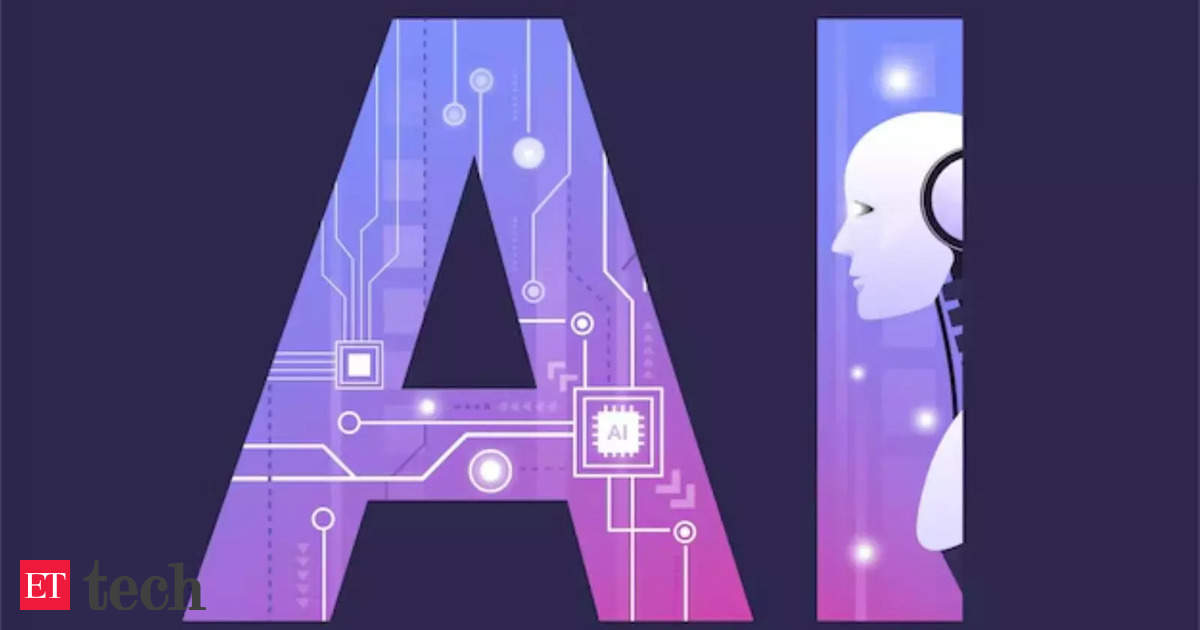In 2021, the Japanese scientist Hiroaki Kitano proposed what he called “Turing Nobel Challenge“, inviting researchers to create an “AI scientist” capable of autonomously conducting research worthy of a Nobel Prize by 2050.
Some scientists are already working hard to create a Nobel-worthy AI colleague, and this year’s winners will be announced between October 7 and 14.
And in fact, there are about 100 “robot scientists” already, according to Ross King, professor of artificial intelligence at Chalmers University in Sweden.
In 2009, King published a paper in which he and a group of colleagues introduced “Scientific Robot Adam,” the first machine he made. scientific discoveries regardless.
“We built a robot that discovered new science on its own, generated new scientific ideas, tested them and confirmed that they were correct,” King told AFP.
Discover the stories of your interest
The robot was configured to autonomously formulate hypotheses and then design experiments to test them. It would even program laboratory robots to carry out those experiments, before learning from the process and repeating them.
Non-trivial
“Adam” was tasked with exploring the inner workings of yeast and discovered previously unknown “gene functions” in the organism.
In the article, the creators of the scientific robot noted that while the discoveries were “modest,” they were also not “trivial.”
Later, a second scientific robot, called “Eve”, was created to study drug candidates against malaria and other tropical diseases.
According to King, robotic scientists already have several advantages over the average human scientist.
“It costs less money to do science, they work 24/7,” he explained, adding that they are also more diligent in recording every detail of the process.
At the same time, King admitted that AI is far from approaching a Nobel-worthy scientist.
To do this, they would need to be “much smarter” and able to “understand the bigger picture.”
Not even close
Inga Strumke, an associate professor at the Norwegian University of Science and Technology, said the scientific profession is safe for now.
“Scientific tradition is far from being replaced by machines in the near future,” he told AFP.
However, Strumke added that “it doesn’t mean it’s impossible,” adding that it’s “definitely” clear that AI is and will have an impact on the way science is done.
An example of how it is already in use is AlfaFold — an AI model developed by Google DeepMind – which is used to predict the three-dimensional structure of proteins based on their amino acid.
“We knew there was some relationship between amino acids and the final three-dimensional shape of proteins… and then we could use machine learning to find it,” Strumke said.
He explained that the complexity of such calculations was too overwhelming for humans.
“We have some kind of machine that did something that no human could do,” he said.
At the same time, for Strumke, the AlphaFold case also demonstrates one of the weaknesses of current AI models, such as so-called neural networks.
They are very good at processing massive amounts of information and coming up with an answer, but not very good at explaining why that answer is correct.
Thus, although the more than 200 million protein structures predicted by AlphaFold are “extremely useful,” “they don’t teach us anything about microbiology,” Strumke said.
Helped by AI
For her, science seeks to understand the universe and is not simply about “making the right assumption.”
Still, the groundbreaking work done by AlphaFold has led experts to put their minds behind it as favorites for a Nobel Prize.
Google DeepMind Director John Jumper and CEO and Co-Founder Demis Hassabis have already been honored with the prestigious Lasker Prize in 2023.
The analysis group Clarivate, which monitors potential Nobel prize winners in science, places both among the first candidates for the 2024 Chemistry Prize, announced on October 9.
David Pendlebury, head of the research group, admits that while a 2021 paper by Jumper and Hassabis has been cited thousands of times, it would be inappropriate for the Nobel jury to award a paper so quickly after its publication, as most discoveries that are made. honored dates back decades.
At the same time, he is confident that it won’t be long before AI-assisted research wins the most coveted scientific prize.
“I’m sure that in the next decade there will be Nobel Prize winners who will be helped in some way by computing, and computing today is increasingly AI,” Pendlebury told AFP.
Disclaimer:
The information contained in this post is for general information purposes only. We make no representations or warranties of any kind, express or implied, about the completeness, accuracy, reliability, suitability or availability with respect to the website or the information, products, services, or related graphics contained on the post for any purpose.
We respect the intellectual property rights of content creators. If you are the owner of any material featured on our website and have concerns about its use, please contact us. We are committed to addressing any copyright issues promptly and will remove any material within 2 days of receiving a request from the rightful owner.


